Brief Introduction to Cellular Agriculture and Food Fermenters
As the world population grows and the effects of climate change continue to challenge the sustainability of agricultural practices, another way of producing food must emerge if humanity is to survive.
The idea of using cells in a lab to produce natural products is not new, however advances in technology and throughput has facilitated a boom in companies aiming to produce animal products in the lab. Cellular Agriculture companies are aiming at not just the production of proteins and compounds for food, but also the production of enzymes for commercial and industrial applications.
Regardless of the final product, all of these next generation Cell Ag companies require customizable and scalable food fermenters (bioreactors). Solaris Biotech specializes in optimizing highly customized bioprocesses and supporting full scope of process development from lab to pilot to production scale.
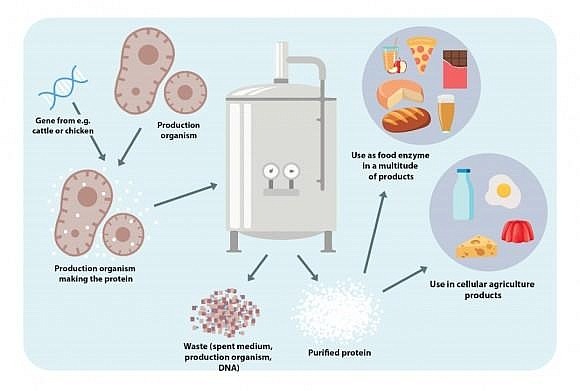
Sustainability and Food Security are Driving Investment in Cellular Agriculture
Sustainability is not just a buzzword, it has serious implications for the future of humanity as the global population and climate change reduce the amount of arable land for agriculture. The next hundred years of human history will see massive and necessary changes in the way we farm and producefood. Cellular agriculture has the potential to impact every human life on the planet, so the time to invest in these technologies is now.
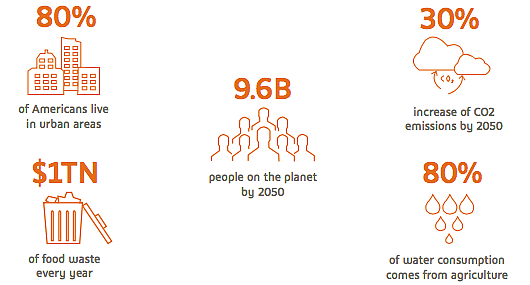
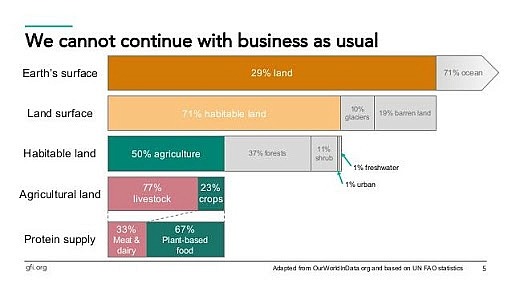
Thanks to forward thinking investors, cellular agriculture is already big business in the USA. Companies like Impossible Foods and Beyond Meat are leading the way for alternative proteins. They are setting a precedent for American companies by proving that consumers will choose sustainable alternatives when they are available.
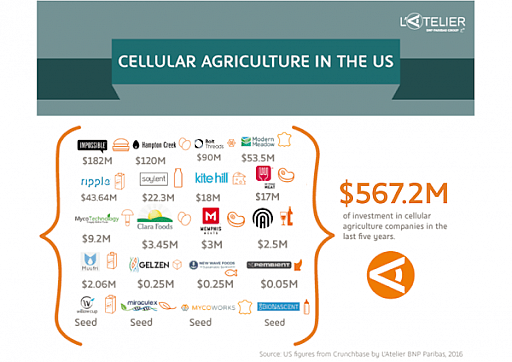
New companies are emerging every day, here is a summary of the companies and entities in the cellular agriculture space as of early 2019:
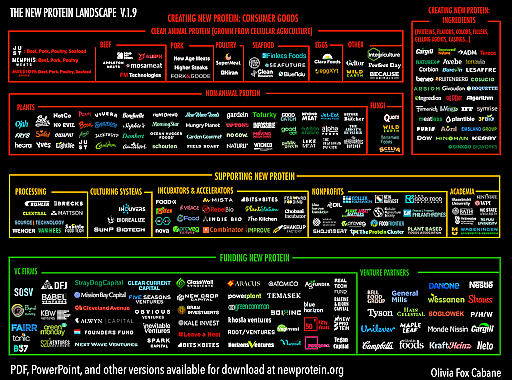
Applications for Cellular Ag and Food Fermenters (Bioreactors)
- Dairy Proteins
- Egg Proteins
- Lab Grown Meat / Cell Based Meats
- Cell-Based Seafood
- Pet Foods
- Enzymes
- Applied Animal Products (Gelatin)
- Leather
- Silk
Main Challenges for Cellular Agriculture
- Cell Line Selection: Companies must optimize their cell lines for genetic stability, ease of culturability, flavor, texture, nutrition, and consumer preference.
- Cell Culture Media: Most media for cultured meat is still based on animal serum (blood), companies must move to a chemically defined medium that can still achieve high cell densities and repeatable results.
- Scaffolding: It is relatively easy to grow cells in a monolayer, but more difficult to grow cells in a way that actually mimics muscle and animal tissues. Different scaffolding materials are required to grow cultured meat.
- Bioreactors: Growing a range of different cell types (mammalian and microbial) often requires highly specific and customized food fermenters or bioreactors. It is necessary for companies to have bioreactors that will allow them to develop their processes and effectively scale up for production and manufacturing.
- Consumer Acceptance: There is always going to be some inherent resistance to products grown in a lab (in vitro), but consumers are already proving they will choose sustainable products as long as they are similar in price and quality to traditionally grown/farmed products.
Introduction to the Solaris Food Fermenters (Bioreactors)
Solaris Biotech USA offers bioprocessing equipment and software that is scalable from the bench top, to the pilot plant, to full manufacturing and production. Solaris has extensive experience tailoring equipment to the specialized needs of cellular agriculture and food fermenters. The complete lineup of Solaris Bioreactors help to facilitate all aspects of process development for a diverse set of organisms and products. Check out the lineup below and learn which reactors can help you achieve your process optimization goals.
Process Development Benchtop Lab Bioreactors

Jupiter
The Jupiter series are pressurizable, autoclavable, glass reactors ranging from 2 - 10 L total volume; perfect for microbial and mammalian cell culture.

IO
The IO series are small autoclavable glass reactors with Peltier heating and cooling cells, they are 250 mL / 1000 mL total volume; suited for high throughput screening and parallel operation.

Genesis
The Genesis series are stainless steel pressurizable CIP/SIP reactors ranging from 7.5 - 20 L, designed to bring all the capabilities of a pilot plant to the benchtop scale.

Elara
The Elara Stirred is an autoclavable glass photobioreactor ideal for culturing algae and cyanobacteria.
Process Development Pilot Scale Bioreactors

M-Series
The M-Series are self-contained CIP/SIP pilot systems ranging from 30 - 200 L; ideal for scaling up and optimizing your process for production.

S-Series and I-Series
The SP-Series are the same as the M-Series, but fully customizable to help meet the specific needs dictated by cellular agriculture processes.
Manufacturing and Production Scale Bioreactors (Food Fermenters)

I-Series Reactors
Fully customized engineered turnkey stainless steel reactors 200 L -30,000 L. Designed to optimize yield and maximize return on investment.





